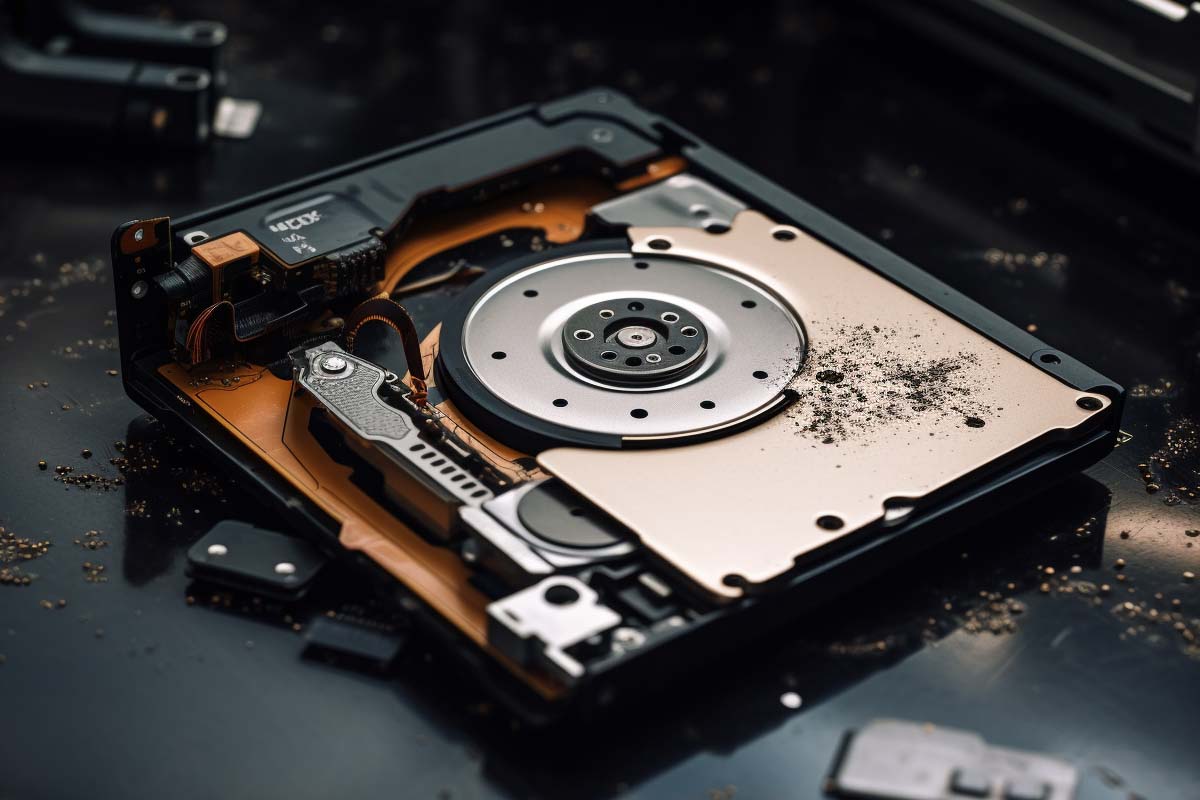What is a Networked Application?
Definition: Networked ApplicationA networked application is a software program that relies on network connectivity to perform its functions. These applications enable communication, data exchange, and processing across multiple devices or











